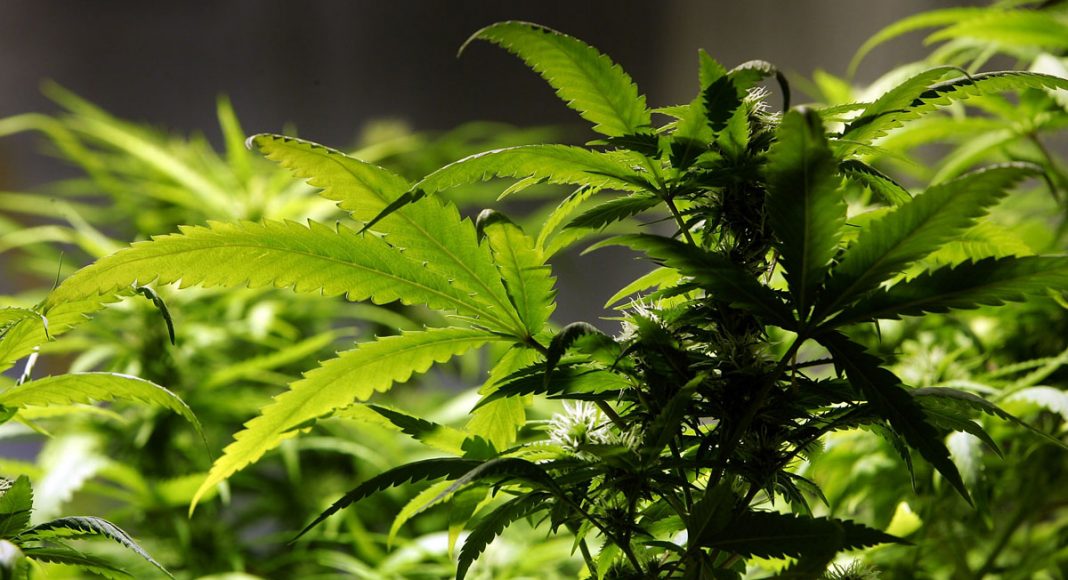It appears that some CBD products are now just as legal across the United States as over the counter medications. The U.S. Drug Enforcement Administration (DEA) recently published an internal directive that essentially gives the industrial-hemp industry permission to come out of the grey market and enter into the realm of legitimate commerce. The agency says its policy is consistent with a decision handed down in 2004 by the U.S. Ninth Circuit Court of Appeals in the case of the Hemp Industries Association v. DEA.
“Products and materials that are made from the cannabis plant and which fall outside the CSA definition of marijuana (such as sterilized seeds, oil or cake made from the seeds, and mature stalks) are not controlled under the CSA,” the directive reads.
“Such products may accordingly be sold and otherwise distributed throughout the United States without restriction under the CSA or its implementing regulations. The mere presence of cannabinoids is not itself dispositive as to whether a substance is within the scope of the CSA; the dispositive question is whether the substance falls within the CSA definition of marijuana.”
There has been a lot of confusion lately over the legality of this substance. This is because not all cannabidiol (CBD) products are created equally. In legal marijuana states, dispensaries are selling high-CBD strains of marijuana that can contain up to 30 percent CBD. These breeds also contain a measurable amount of THC, the compound that provides users with stoned effects. But in the case of the hemp-based CBD, these oils only have around 3.5 percent CBD and 0.3 percent THC – falling right in line with the law, according to the DEA.
The agency claims that as long as pot products are manufactured using parts of the cannabis plant that are not restricted under the Controlled Substances Act, they can be sold anywhere in the United States. But anything derived from parts of the plant that the DEA considers marijuana is a no-no.
But nothing has changed. The law is the same as always. The DEA is simply clarifying the law.
Still, the directive could open the national market up to higher quality CBD products. There is nothing written in the language of the directive that suggests these products must be hemp-based.
“Such products may accordingly be sold and otherwise distributed throughout the United States without restriction under the CSA or its implementing regulations. The mere presence of cannabinoids is not itself dispositive as to whether a substance is within the scope of the CSA; the dispositive question is whether the substance falls within the CSA definition of marijuana,” the directive reads.
If the situation sounds confusing, don’t worry – it is. Legal experts say the clarification continues to equate market instability and leaves the law open to interpretation.
“The logical and scientific inconsistency puts the DEA and purveyors of CBD goods in a precarious position: how will they determine which CBD products are subject to the CSA and will people really be prosecuted for trafficking a Schedule I controlled substance where the substance is chemically indistinguishable from one that is not prohibited by the CSA?” writes attorneys Justin Hobson and Lewis Horowitz of Lane Powell. “We anticipate that at least one outcome will be buyers insisting on statements or warrantees from sellers, and buyer quality control due diligence, that their CBD products contain only excepted marihuana oil.”


